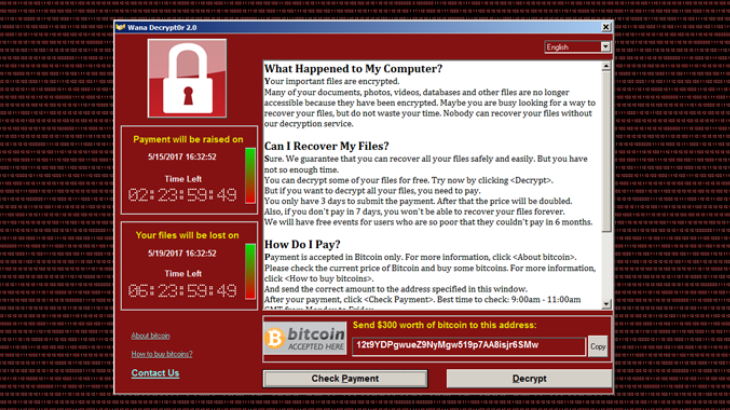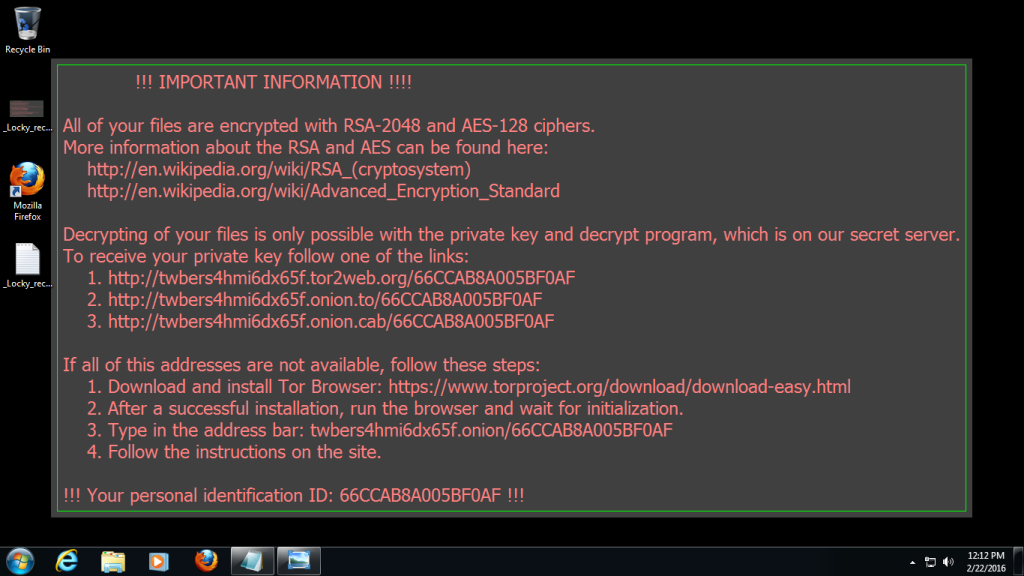Ransomware is a type of cyber-attack that involves hackers taking control of a computer or mobile device and demanding payment to release your data.
The attackers download malicious software onto your device and then use it to encrypt your data files so you cannot retrieve them. These intruders threaten to block access to the files until a ransom is paid.
Cyber-attacks are likely to be waged against businesses, but can also affect individuals.
Avoid data loss in the first place. The best thing you can do is practice good “digital hygiene”: Do not be in the position of paying a ransom to recover your files, which is nearly impossible without the attacker’s approval, and sometimes the data is not released even if the ransom is paid.
Here is some advice from the World Economic Forum to share with your users.
- Criminals trick their way to get account details: “phishing” which is where an attacker attempts to have you reveal sensitive information to them. If you receive a suspicious email, example: a notice of a Fed Ex delivery or a strange request from a work colleague; ask yourself whether it is unusual before you click. If you are not sure, contact the sender via a different medium, such as giving them a phone call, to crosscheck
- Don’t install any software, plugins or extensions unless you know they are from a reputable source. If in doubt, ask and only rely on trusted download sources. In addition do not be tempted to pick up USB sticks found on your desk
- Update your software (including your operating system, web browser, and other installed software) regularly to ensure you are always running the latest versions
- Backup! Important documents need to be treated like valued possessions. Rotate your backups daily or weekly. Having multiple copies of file backups in a remote data center, means the adversarial effort of holding on to your data for ransom is worthless.
- If you use USBs to capture files, do not leave USB keys plugged in (current malware strains can scan removable USB disks as well).
- Victims of ransomware attacks are advised never to pay the fee as it encourages attackers and may not result in files being recovered. Some programs can help decrypt files, or if you have a fully redundant backup, you can restore your devices from that.

Ransomware is a very real threat. Follow the adage; it is better to be safe than sorry.



